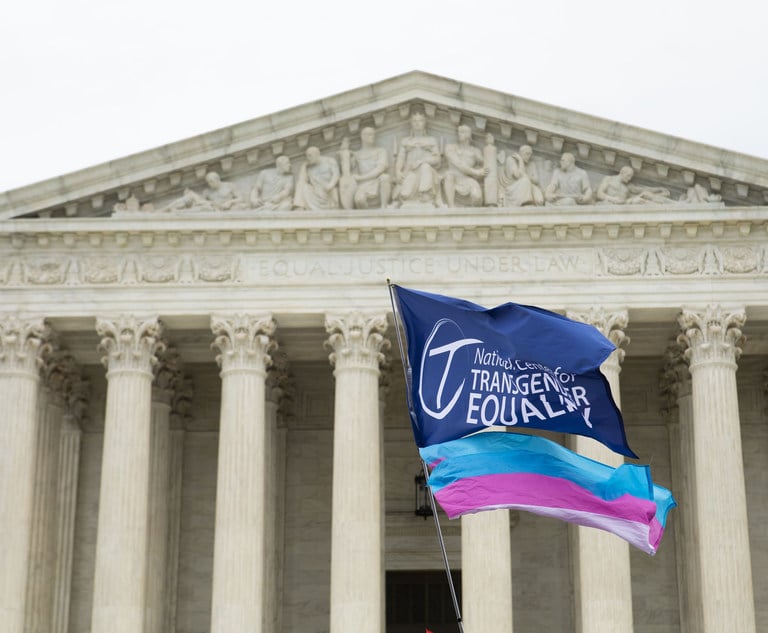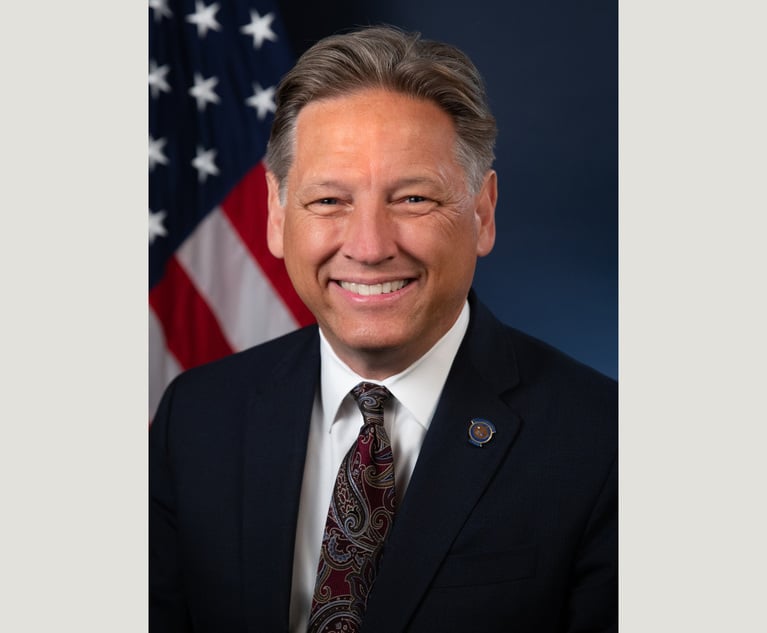Hardie v. National Collegiate Athletic Association
9th Cir.; 15-55576 The court of appeals affirmed a judgment. The court held that the plaintiff failed to show that a National Collegiate Athletic Association…
September 11, 2017 at 06:29 PM
3 minute read
9th Cir.;
15-55576
The court of appeals affirmed a judgment. The court held that the plaintiff failed to show that a National Collegiate Athletic Association (NCAA) policy barring persons with felony convictions from coaching at certain NCAA-certified tournaments violated Title II of the Civil Rights Act of 1964.
Prior to 2011, the NCAA had a policy barring persons convicted of a violent felony, a sex offense, a crime involving children, or a nonviolent felony less than seven years old from coaching at any NCAA-certified, nonscholastic tournament. Due to safety and ethical concerns student-athlete interactions with persons convicted of financial crimes, sports bribery, and possession of controlled substances, the NCAA amended its policy in 2011 to bar any person with a felony conviction of any kind from coaching at such tournaments. As a result of the new policy, Dominic Hardie was barred from coaching at a 2013 NCAA-certified girls' basketball tournament in San Diego based on a 2001 conviction for possession of a controlled substance. Hardie sued the NCAA to enjoin enforcement of the policy, alleging that it violated Title II by denying him the full and equal enjoyment of a place of public accommodation. Hardie relied on a disparate impact theory, arguing that the bar on coaching with a prior felony conviction fell disproportionately on African-Americans like Hardie, who were allegedly more than three times as likely as white Americans to have suffered a felony conviction.
This content has been archived. It is available through our partners, LexisNexis® and Bloomberg Law.
To view this content, please continue to their sites.
Not a Lexis Subscriber?
Subscribe Now
Not a Bloomberg Law Subscriber?
Subscribe Now
NOT FOR REPRINT
© 2025 ALM Global, LLC, All Rights Reserved. Request academic re-use from www.copyright.com. All other uses, submit a request to [email protected]. For more information visit Asset & Logo Licensing.
You Might Like
View All
US to pay nearly $116M to settle lawsuits over rampant sexual abuse at California women's prison
5 minute read
Court rejects request to sideline San Jose State volleyball player on grounds she’s transgender
4 minute readTrending Stories
- 1SDNY US Attorney Damian Williams Lands at Paul Weiss
- 2Litigators of the Week: A Knockout Blow to Latest FCC Net Neutrality Rules After ‘Loper Bright’
- 3Litigator of the Week Runners-Up and Shout-Outs
- 4Norton Rose Sues South Africa Government Over Ethnicity Score System
- 5KMPG Wants to Provide Legal Services in the US. Now All Eyes Are on Their Big Four Peers
Who Got The Work
Michael G. Bongiorno, Andrew Scott Dulberg and Elizabeth E. Driscoll from Wilmer Cutler Pickering Hale and Dorr have stepped in to represent Symbotic Inc., an A.I.-enabled technology platform that focuses on increasing supply chain efficiency, and other defendants in a pending shareholder derivative lawsuit. The case, filed Oct. 2 in Massachusetts District Court by the Brown Law Firm on behalf of Stephen Austen, accuses certain officers and directors of misleading investors in regard to Symbotic's potential for margin growth by failing to disclose that the company was not equipped to timely deploy its systems or manage expenses through project delays. The case, assigned to U.S. District Judge Nathaniel M. Gorton, is 1:24-cv-12522, Austen v. Cohen et al.
Who Got The Work
Edmund Polubinski and Marie Killmond of Davis Polk & Wardwell have entered appearances for data platform software development company MongoDB and other defendants in a pending shareholder derivative lawsuit. The action, filed Oct. 7 in New York Southern District Court by the Brown Law Firm, accuses the company's directors and/or officers of falsely expressing confidence in the company’s restructuring of its sales incentive plan and downplaying the severity of decreases in its upfront commitments. The case is 1:24-cv-07594, Roy v. Ittycheria et al.
Who Got The Work
Amy O. Bruchs and Kurt F. Ellison of Michael Best & Friedrich have entered appearances for Epic Systems Corp. in a pending employment discrimination lawsuit. The suit was filed Sept. 7 in Wisconsin Western District Court by Levine Eisberner LLC and Siri & Glimstad on behalf of a project manager who claims that he was wrongfully terminated after applying for a religious exemption to the defendant's COVID-19 vaccine mandate. The case, assigned to U.S. Magistrate Judge Anita Marie Boor, is 3:24-cv-00630, Secker, Nathan v. Epic Systems Corporation.
Who Got The Work
David X. Sullivan, Thomas J. Finn and Gregory A. Hall from McCarter & English have entered appearances for Sunrun Installation Services in a pending civil rights lawsuit. The complaint was filed Sept. 4 in Connecticut District Court by attorney Robert M. Berke on behalf of former employee George Edward Steins, who was arrested and charged with employing an unregistered home improvement salesperson. The complaint alleges that had Sunrun informed the Connecticut Department of Consumer Protection that the plaintiff's employment had ended in 2017 and that he no longer held Sunrun's home improvement contractor license, he would not have been hit with charges, which were dismissed in May 2024. The case, assigned to U.S. District Judge Jeffrey A. Meyer, is 3:24-cv-01423, Steins v. Sunrun, Inc. et al.
Who Got The Work
Greenberg Traurig shareholder Joshua L. Raskin has entered an appearance for boohoo.com UK Ltd. in a pending patent infringement lawsuit. The suit, filed Sept. 3 in Texas Eastern District Court by Rozier Hardt McDonough on behalf of Alto Dynamics, asserts five patents related to an online shopping platform. The case, assigned to U.S. District Judge Rodney Gilstrap, is 2:24-cv-00719, Alto Dynamics, LLC v. boohoo.com UK Limited.
Featured Firms
Law Offices of Gary Martin Hays & Associates, P.C.
(470) 294-1674
Law Offices of Mark E. Salomone
(857) 444-6468
Smith & Hassler
(713) 739-1250








